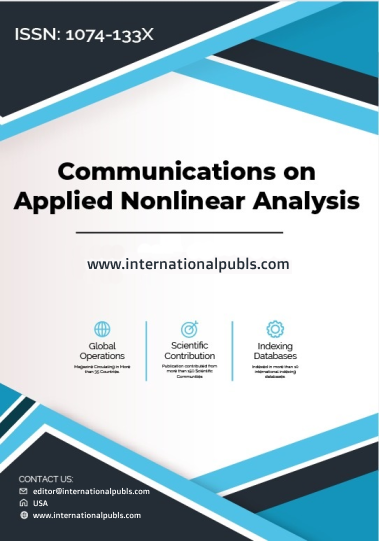Machine Learning Approach for Optimal Parameter Estimation in Vibratory Welding
Main Article Content
Abstract
Vibratory treatment during welding process is proved to reduce residual stresses in the weld joint and improve mechanical properties. But optimal setting of vibration parameters such as frequency, amplitude and time is essential to obtain maximum improvement strength of the joint. Identification of such optimal parameter set through series of experimentation is very critical due to severe consumption of resources. The research is aimed to identify optimal setting of parameters through machine learning approach for the welding of SS304 in the gas metal arc welding (GMAW) process. Supervised learning is preferred to run in the convolution neural networks (CNN) by feeding the algorithm with essential data about the mechanical properties. The response is observed for varying the frequency of workpiece, electrode at different voltages as the time kept constant and amplitude found with adverse-affect over weld strength. The observed readings are tested through experimental investigation and confirmed the response in mechanical properties such as tensile strength and hardness are obtained within the acceptable range of deviation. Microstructural characterization is performed to record the evidence over the grain refinement to support the maximum enhancement in mechanical properties of weld joint.
